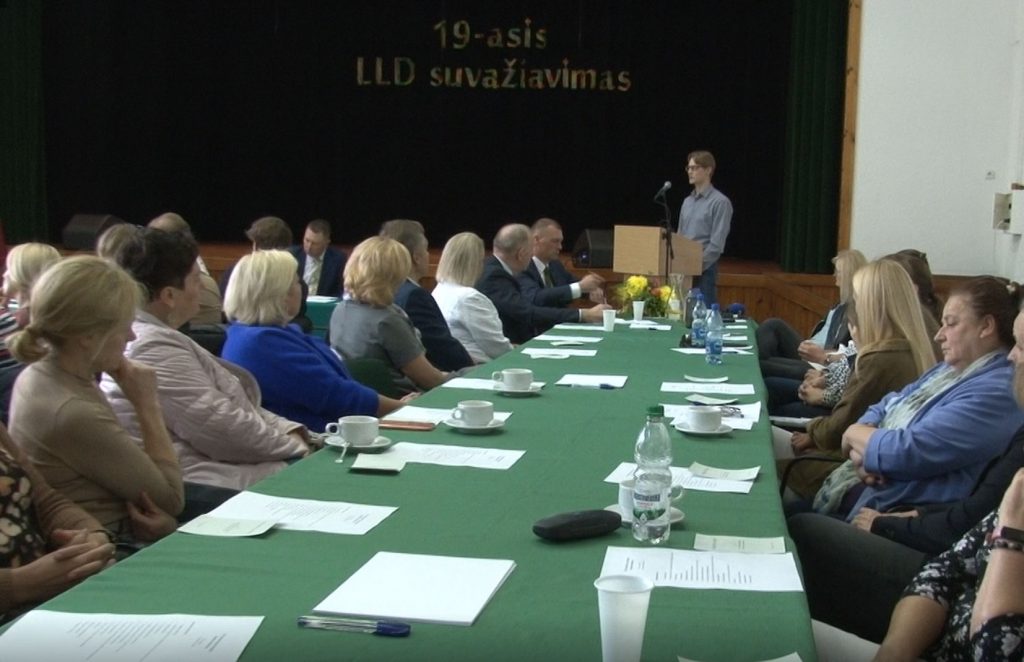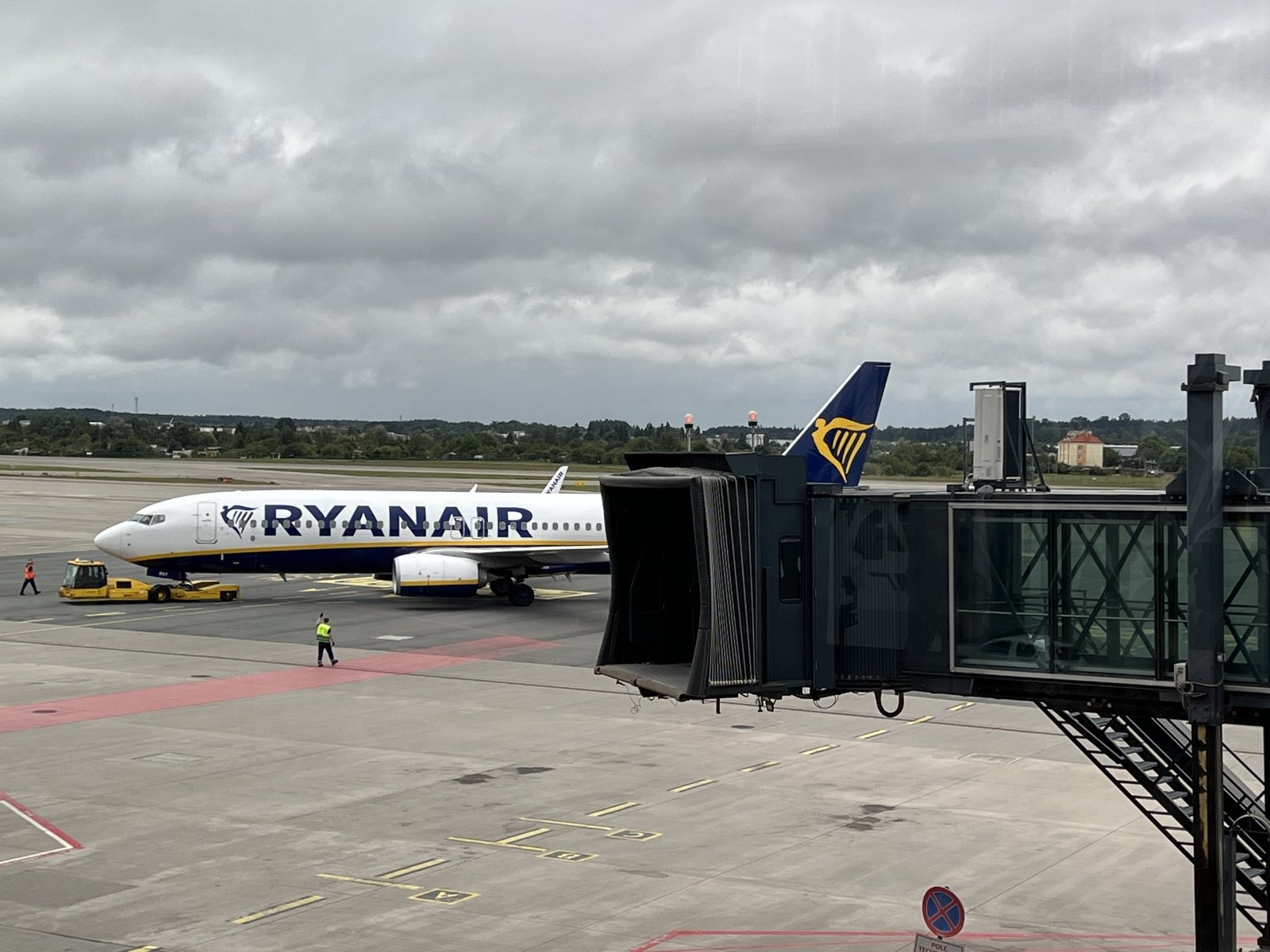Lithuanian Lithuanians are considered hostages in relations with Lithuania
We are publishing a translation translated into Lithuanian this year. m. the response of the Polish Ministry of Foreign Affairs to the Lithuanian community in Poland on 27 September, which requested the assistance of the government of the country In summer to create opportunities to establish a Lithuanian school. It is worth publicizing it and preserving it that way.
For those who, after many years of research, Lithuanian national minorities have either Lithuanian-Polish relations in the 21st century. In the 1920s, this document will make it easier to understand today’s moods and the location of decisions to be made.
Polish politicians or civil servants have repeatedly mentioned that the situation of the country’s Lithuanian national minority depends on how the Polish national minority lives in Lithuania.
We heard such statements during their visits to Punsk or the Seine, or when discussing national minorities in both countries during meetings of various commissions in the Seimas or the Government, sometimes reading in the press.
Another time it was said that the quality of Poland’s relations with Lithuania depends on how well the Polish national minority living in Lithuania will feel, ie how the Lithuanian government will satisfy its affairs.
It is interesting that since 1990 we have been able to hear such a statement from the lips of all political parties – the left, the right, the center, the peasants, not to mention the politicians who express the most radical national values.
For the first time, the letter emphasizes very clearly and unequivocally that Polish Lithuanians are considered hostages in relations with Lithuania, and our position in Poland depends on whether the Polish minority living in Lithuania decides that their situation is already good enough to open a Lithuanian school in Suwalki.
One can understand the strong Polish politics and concern for the situation of his compatriots in the neighboring state. However, it is indecent to hold one’s fellow citizens, Lithuanians living in Poland, hostage to that policy.
This is contrary to domestic and international law, which is gladly mentioned in the above-mentioned letter.
It is all the more painful that we, the Lithuanians in Poland, do not have much opportunity to defend ourselves and oppose such a policy. We do not have our representatives in the Sejm, in the Government of Ministers, advisers in the Presidency, MEPs representing us, high-ranking civil servants in state agencies in Poland and many more.
We do not and will never have private, nationally influential media. The most expensive thing very much is 4 schools. Only 3 will be left soon.
Apparently, the desire to take care of Lithuanian children in Suwalki “would further increase the exclusion. After all, Poland, based on the provisions enshrined in domestic law, has created favorable conditions for the country’s Lithuanian national minority, while the basic requirements of Lithuanian Poles have not been implemented for many years, ”according to the letter. Read on.
-translated from Polish-
Warsaw, 2021 September 27
Polish Ministry of Foreign Affairs
European Policy Department
Ladies
Jolanta Malinauskaite-Vektorienė,
Lithuanian communities in Poland
Chairman of the Board
Mr President,
in response to the 2021 June 21 I would like to welcome the letter requesting the allocation of a building or a plot of land and the financing of the establishment of a school in the Lithuanian language of instruction in Suwalki. In September, a Lithuanian kindergarten was firmly established in Suwalki, which provides the youngest citizens of Lithuanian origin with the opportunity to study and develop.
I am also pleased that in 2020. January 6 The Minister thanked Poland for its efforts and assistance in establishing a Lithuanian education and culture center in Suwalki.
The Ministry of Foreign Affairs welcomes the fact that the Lithuanian national minority can enjoy many rights related to it, including the possibility to write the name in documents according to the rules of the mother tongue, the right to use Lithuanian as an auxiliary or in compact places, on knowledge boards, which are produced with the funds of the budget, with the topographical name in Lithuanian.
I am also pleased that the educational conditions that Poland provides to its citizens of Lithuanian origin, including the opportunity to take the Lithuanian language maturity exam, the result of which is taken into account when entering higher education institutions in Poland, meet European standards.
At the same time, I regret the fact that satisfying the new requests of the Lithuanian national minority in Poland would further increase the disproportions.
After all, Poland, based on the provisions enshrined in domestic law, has created favorable conditions for the country’s Lithuanian national minority, while the main postulates of Lithuanian Poles have not been implemented for many years.
Therefore, I would like the Polish-Lithuanian dialogues to take place, the Polish attitude of Polish citizens of Lithuanian origin to be supported and each time to emphasize the importance of implementing the bilateral obligation enshrined in treaties and international law.
I would like a protection report that the Ministry of Foreign Affairs of the Republic of Poland is interested in the characteristics of international national minorities, and the protection of the rights of the Polish national minority is a priority for this ministry.
At the same time, we listen to your voice and do not forget the contribution of the representatives of national minorities to the history of Poland, past and present work in protecting and developing our country.
I would also like to remind you that the policy pursued by the Polish Government is based on the laws in force for national and ethnic minorities and persons using the regional language, in particular Article 35 of the Polish Constitution.
1 sk. and 2005 January 6 the Law on National and Ethnic Minorities and the Regional Language, which reflects all the provisions of the Framework Convention for the Protection of National Minorities adopted by the Council of Europe.
Sincerely
Director Henryk Litwin.




